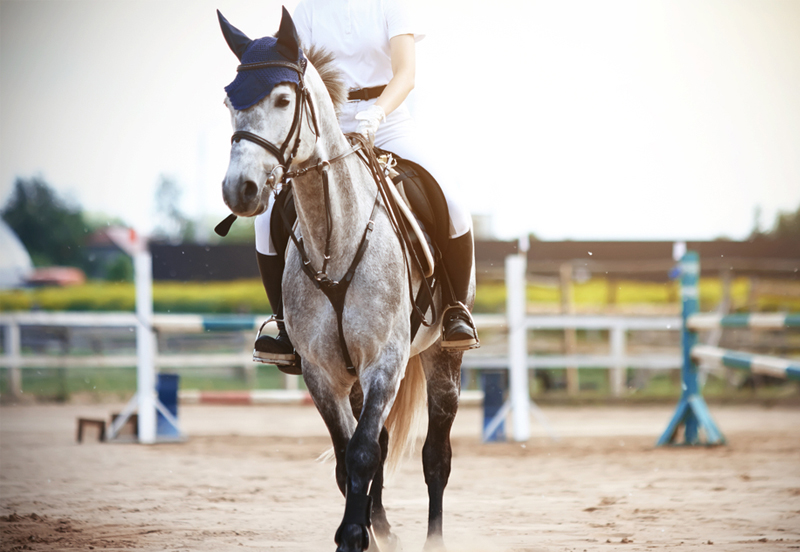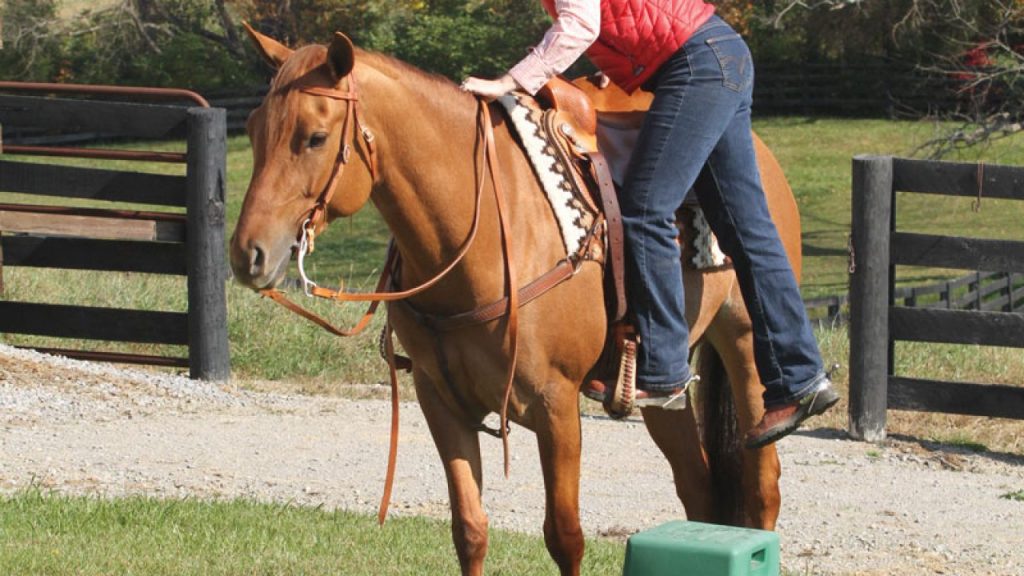Horses have unique sleep patterns that are influenced by their physical abilities, age, environment, and health. Understanding these patterns is crucial for ensuring their well-being and managing their care effectively. Let’s dive into the fascinating world of equine sleep and uncover the details that make it so special.
>> SEE MORE:
- How Long Can a Horse Lay Down Before it Dies?
- Unveiling the Mystery: Discover Exactly How Much Sleep Horses Need for Optimal Health
Contents
The Basics of Equine Sleep Patterns
Like humans, horses go through both slow-wave sleep (SWS) and rapid eye movement (REM) sleep. REM sleep, often linked to deep rest and dreaming, is crucial for a horse’s recovery and overall health. However, horses don’t require as much REM sleep as humans. They only need a small amount, just a few minutes scattered throughout a 24-hour period. This is a notable difference from human sleep needs, where REM is more sustained and essential for full recovery.
The Mechanics of Slumber in Equids
Horses possess an extraordinary ability: they can sleep standing up. Thanks to the stay apparatus, a special arrangement of muscles and ligaments, horses can lock their legs in place and relax without collapsing. This ability allows them to doze off while standing, which is particularly beneficial in the wild where they must remain alert to escape predators quickly.
However, for deep REM sleep, horses must lie down. REM sleep requires full muscle relaxation, which standing up cannot provide. This makes lying down essential for restorative sleep and complete recovery. While standing sleep is a useful survival tool, it doesn’t replace the deep, restful sleep horses need for health and well-being.
Factors Influencing How Horses Sleep
Age and Sleep https://hearttohorses.com/
A horse’s age plays a critical role in how much and how well it sleeps. Foals sleep significantly more than adult horses, often lying down to do so, which is essential for their growth and development. As horses age, they tend to sleep less and may experience difficulty resting due to stiffness or health issues. Senior horses, especially those with arthritis or musculoskeletal problems, might also struggle to get back up after lying down, which could impact their sleep quality.

Environmental Effects
The environment in which a horse lives is another significant factor in its sleep patterns. Horses kept in domestic settings may experience disruptions in their sleep due to factors such as stable confinement, irregular feeding schedules, or social isolation. This can lead to stress and irregular sleep cycles. On the other hand, wild horses or those kept in pasture settings are more likely to follow natural sleep rhythms, with fewer disturbances and more freedom to move and lie down.
Domestication and Sleep Disturbances
Domestic horses may be more susceptible to sleep disturbances, which can lead to sleep deprivation. This can manifest in behavioral issues, such as restlessness, repeatedly collapsing, or an inability to stay lying down for long periods. Sleep deprivation in horses is serious and can affect their overall health and performance. It’s essential for horse owners to recognize these signs and ensure that their horses are getting enough rest.
Horse Sleep and Health
A horse’s sleep is closely tied to its overall health. Horses suffering from conditions like arthritis, digestive problems, or general illness may experience interruptions in their sleep. Just like humans, horses can develop sleep disorders that require medical attention. Ensuring a comfortable, low-stress environment and addressing any health issues promptly are key factors in supporting healthy sleep.
Understanding and Managing Equine Slumber
For anyone involved in equine care, whether you’re managing a competitive racehorse or looking after a family pony, it’s vital to understand equine slumber habits. A horse that gets sufficient rest is more likely to perform well, maintain a positive temperament, and stay healthy. To support this, it’s important to create environments that allow horses to lie down comfortably, minimize stressors, and ensure they can engage in both standing and lying-down sleep.
Creating an Ideal Sleep Environment
Horses need a balance of both standing and lying down rest. Providing spacious, safe stalls with soft bedding and access to a stable social environment can help horses feel secure and comfortable enough to rest properly. Consistent routines and minimizing stress can also promote healthy sleep cycles, allowing horses to get the necessary rest they need for optimal health.
Conclusion: Why Understanding Equine Sleep Matters
Understanding how horses sleep is not just about curiosity—it’s a key aspect of proper equine management. By ensuring that horses have the opportunity to rest deeply, both standing and lying down, we support their physical recovery, mental well-being, and overall health. Recognizing sleep disturbances, providing a comfortable environment, and addressing health concerns are all part of responsible horse care.
When horse owners and caretakers take the time to understand and manage equine slumber, they create a healthier, happier environment for the horses in their care. This ultimately leads to better performance, fewer behavioral issues, and a deeper bond between humans and horses. So, whether you’re caring for a racehorse, a show pony, or just a companion, always remember that good sleep is essential for good health.

